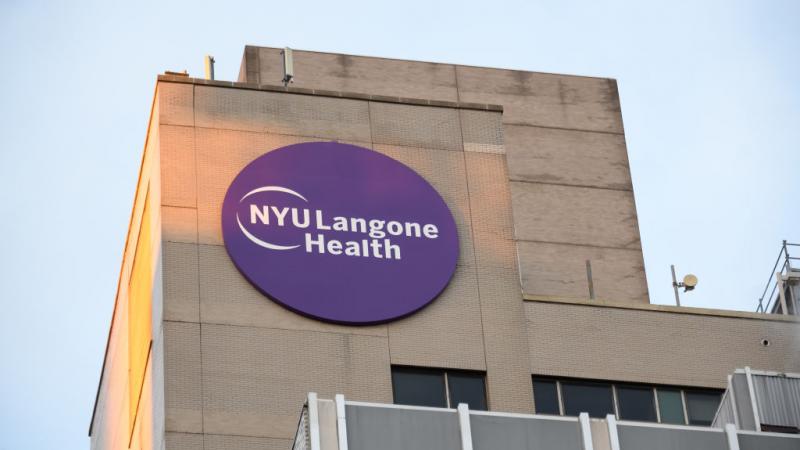'COVID Passport' to prove vaccination now in final stages of development
"Testing is the first key to enable international travel without quarantine measures"
Very soon, you'll be hearing this question: "Where are your papers?"
Well, sort of. A top travel industry association is the final stages of developing a digital passport for international travelers so they can prove they've been vaccinated for COVID-19.
The International Air Transport Association said Saturday that the passport could be key to saving the tourism industry.
"Testing is the first key to enable international travel without quarantine measures. The second key is the global information infrastructure needed to securely manage, share and verify test data matched with traveler identities in compliance with border control requirements," association CEO Alexandre de Juniac, said in a statement obtained by The Hill.
For travelers who receive the vaccine – when one becomes available – proof will be linked to their official passports. While no country now requires such proof, industry experts say that's likely coming.
Airlines for America, a trade association that represents major carriers, also has not declared that flyers will need proof of a vaccine before flying, saying U.S. airlines are "committed to restoring service in a manner that prioritizes the safety and wellbeing of our passengers and employees."
But CEO Alan Joyce of Qantas Airlines, an Australian carrier, said last week that once the vaccine is made available, proof will become standard practice around the world.
"We are looking at changing our terms and conditions to say for international travelers that we will ask people to have a vaccination before they can get on the aircraft," Joyce told The New York Times.
The Australian government has said that coronavirus vaccines will be “as mandatory as you can possibly make it.”
Pfizer Pharmaceuticals said on Nov. 9 that results from its most recent human trials on its coronavirus vaccine show it is more than 95% effective. Pfizer CEO Albert Bourla said that once his company's vaccine is approved by the Food and Drug Administration, it will be shipped quickly to locations in the U.S.
On Nov. 18, a new vaccine from drug maker Moderna – developed in conjunction with the Trump administration's Operation Warp Speed – emerged and is also nearly 95% effective. But does not have to be kept at sub-zero temperatures like the Pfizer version, the company said.
And last week, AstraZeneca and Oxford University said their jointly created COVID-19 vaccine has proven to be up to 90% effective.
"These findings show that we have an effective vaccine that will save many lives," said Oxford University professor Andrew Pollard, who served as the lead investigator for the drug's trials. "Because the vaccine can be stored at fridge temperatures, it can be distributed around the world using the normal immunization distribution system. And so our goal ... to make sure that we have a vaccine that was accessible everywhere, I think we've actually managed to do that."
Pfizer projects making up to 50 million doses in 2020 and up to 1.3 billion doses in 2021. Moderna projects 20 million doses in 2020 and up to 1 billion doses in 2021. And AstraZeneca projects to make up to 3 billion doses of the vaccine in 2021.
Not only will a vaccine be ready before the end of 2020, it could be in use within weeks.
















